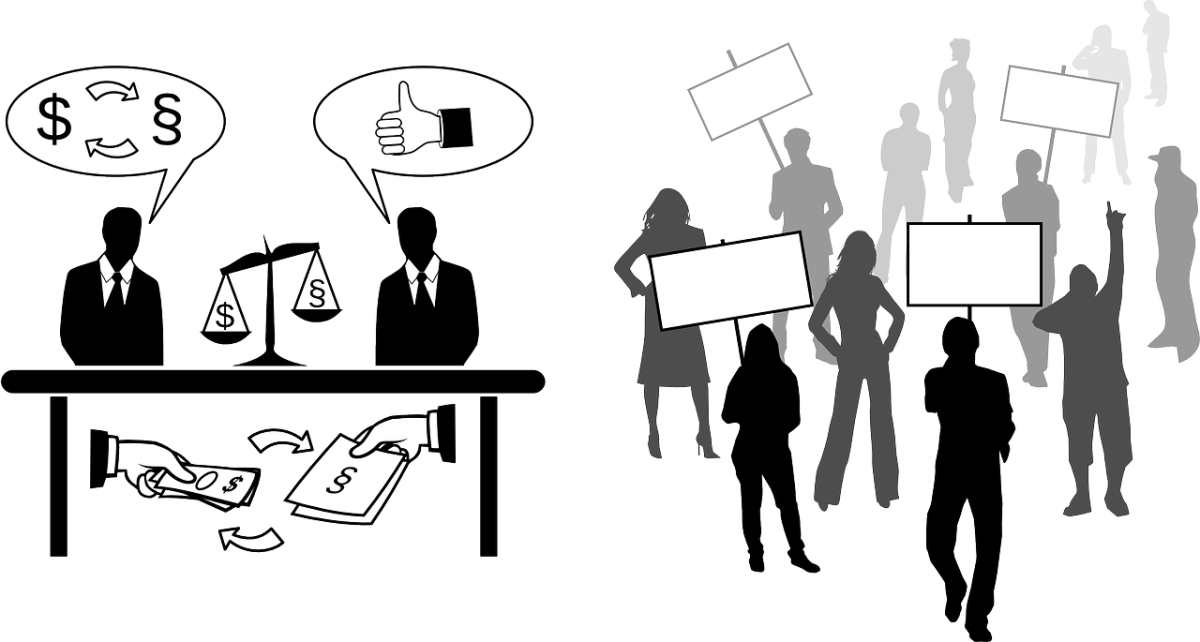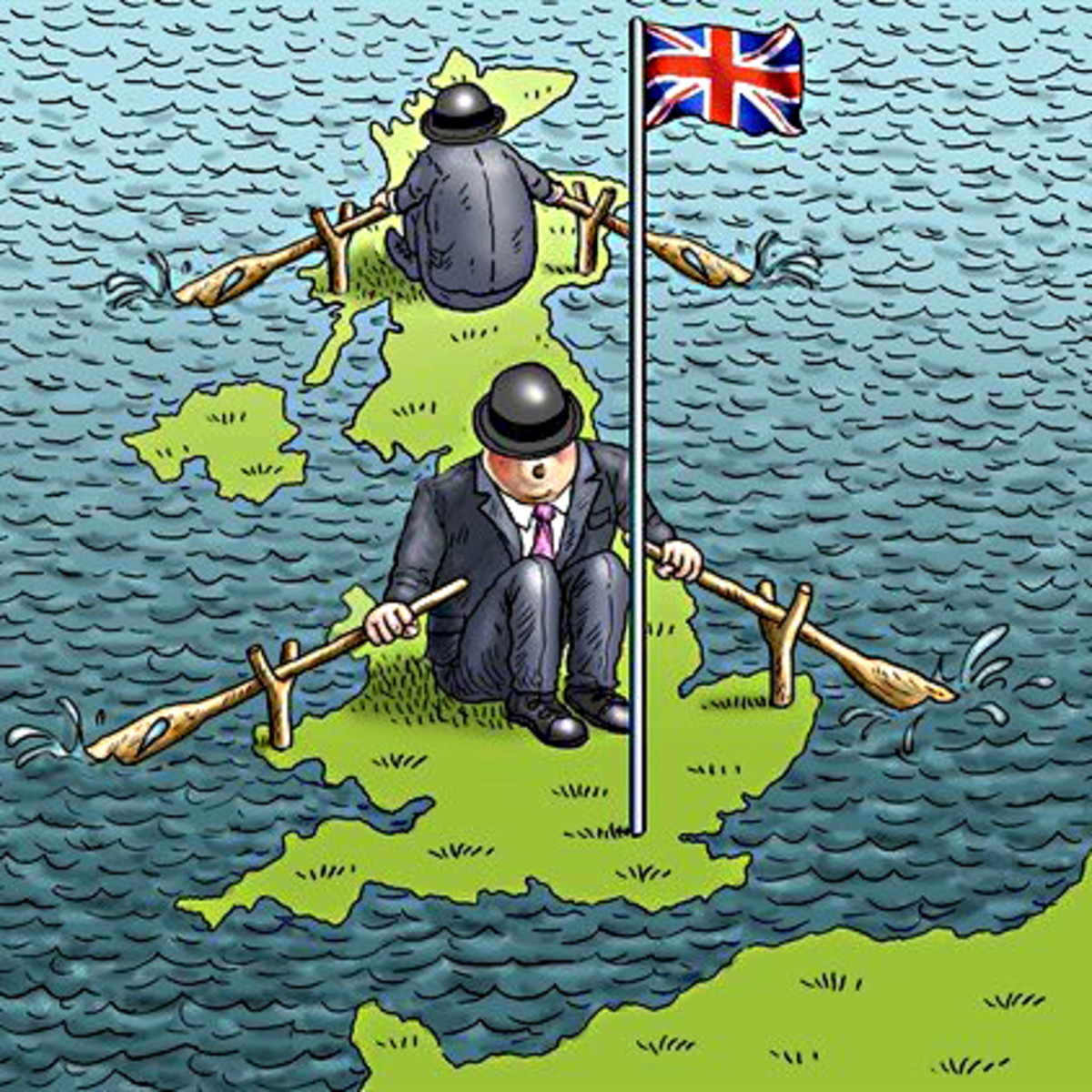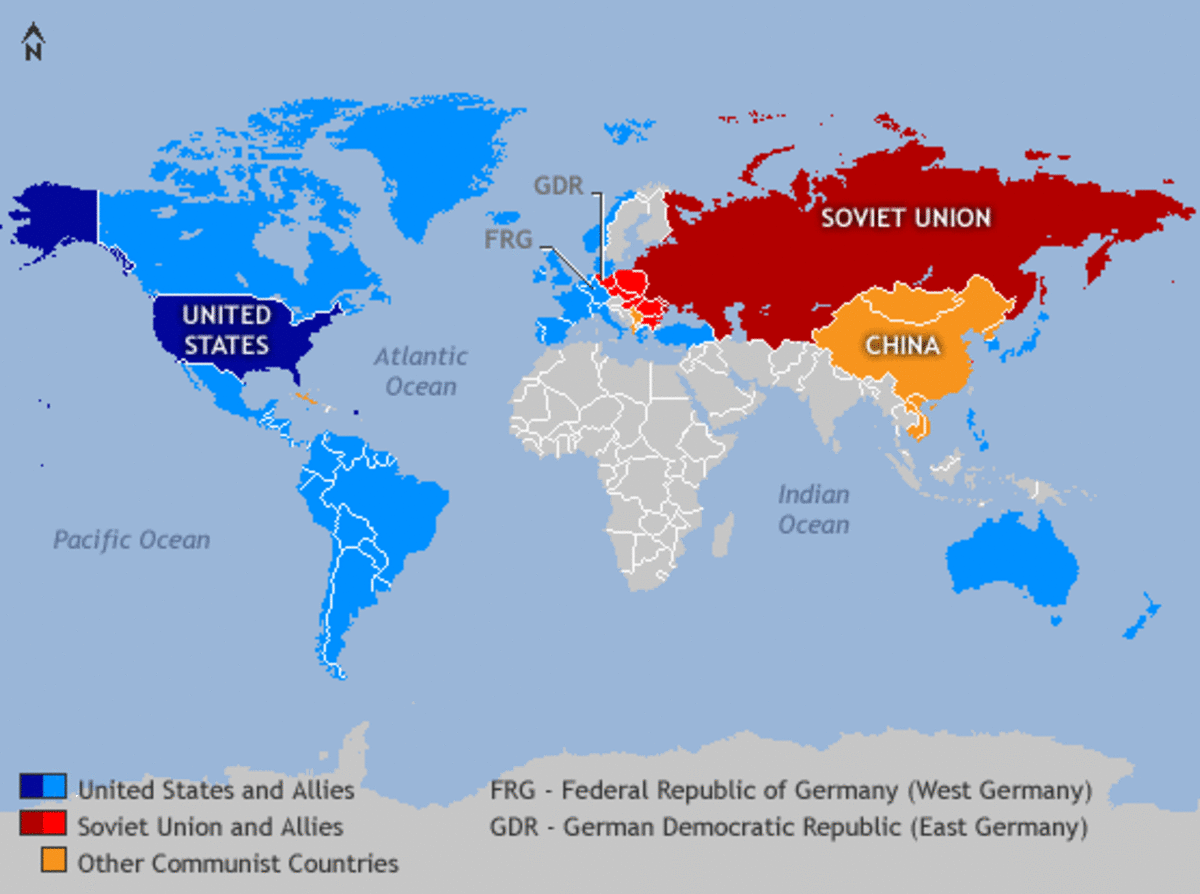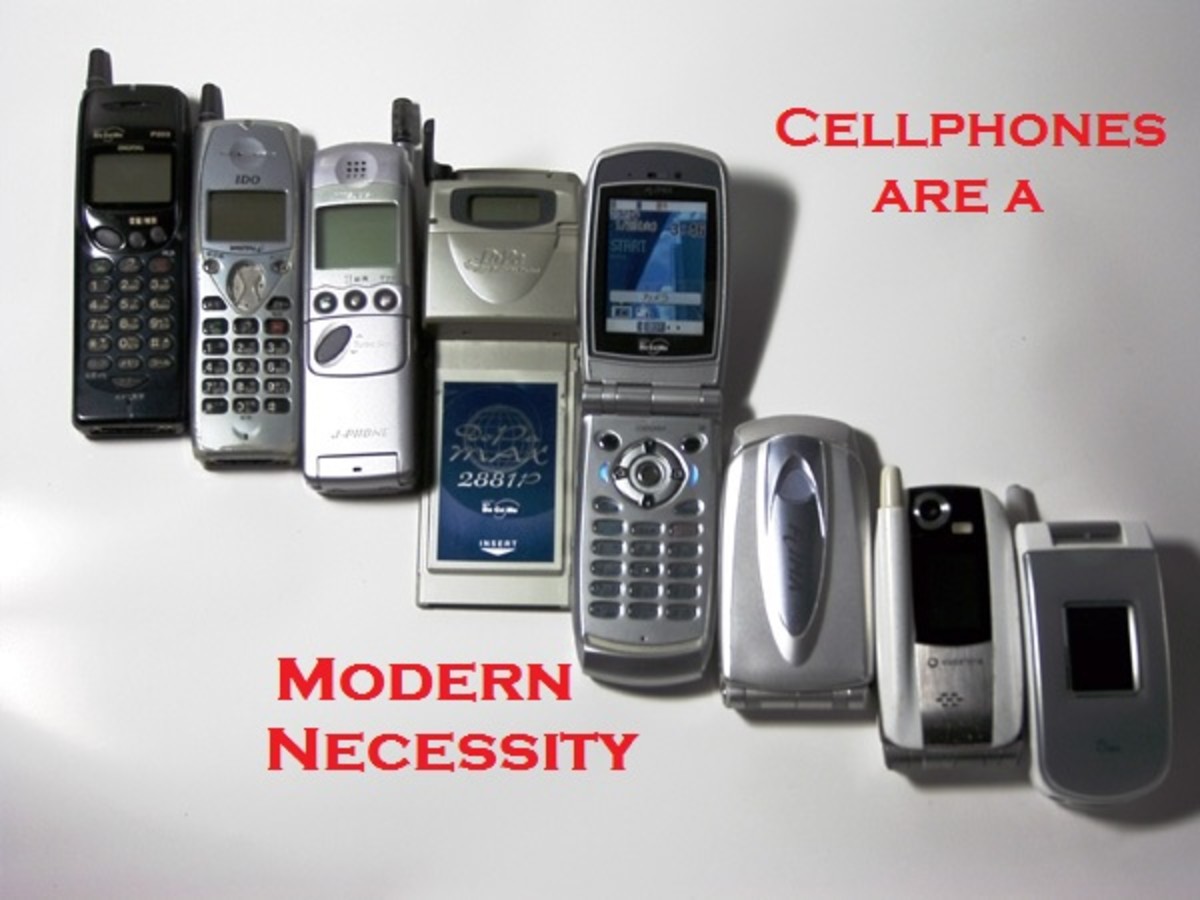How to Rejuvenate Democracy
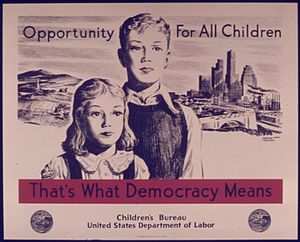
How to Rejuvenate Democracy
Democracy is defined as government by the people. Each of us has a right to participate in the way our government governs. In the current form of democracy we enjoy in the West, we participate by electing representatives who we hope represent close to our own views.
Recently we had municipal elections in Ontario. The night of the elections and for the next few days the talk was not so much about who won as what we can do to increase voter turnout. Where I live only 37 percent of eligible voters bothered to participate and the trend seems to be toward even more decline in the future.
The question was asked: “What do we do when we are down to 15 percent? Is 15 percent of the population enough to run a democracy? Is it still a democracy? “
One popular idea is that we force everyone to vote by fining those that miss say two elections in a row; something I think along the lines of the Belgian or Australian model. It is not a right to vote, it is a duty.
The argument against that is that forcing people to vote won’t necessarily mean people will be familiar with issues. 60 percent may just be marking an x without even knowing who they voted for just because they have to.
It’s probably better to have a few educated voters than allowing “blind chance” to decide.
The other thing is: forcing people to vote doesn’t seem very democratic or free.
So how do we engage people in the process?
Education is key, of course. Teaching democracy in schools and doing mock elections gets some kids interested from a very young age, and that isn’t being done enough in our schools.
But why is it that adults don’t bother to vote? Ask almost anyone and they will tell you that there really isn’t any point. The politicians always promise a lot and go ahead and do what they like when elected. All the parties are basically the same. A new deal always ends up same old same old. Not even electronic or phone voting seems to get people to choose their representatives.
People don’t think their vote counts. Others will do it for them. Nothing’s going to change that much anyway no matter what party comes to power. Even though they all have different ideologies our constitution protects us from things going too far off the rails. That’s the beauty of a constitutional democracy like ours with a strong bill of rights and freedoms.
So what can we do to get people involved? People certainly have opinions. The internet, twitter, facebook, talk radio, and water coolers are a testament to that.
But our opinions don’t count for anything.
What if they did?
Democracy is government by the people. But in the past there was no way for everyone to voice their opinions to the government. Who has time to be involved in all issues? We hire people to represent us because we have to work. Governance is a full time job.
But these days there is no reason why we shouldn’t be able to vote on most major issues that concern us.
These days people live by their cell phones. Want to get the 18 to 40 crowd involved? Make an app for that.
Government by referendum. That’s true democracy. But how would it work?
Obviously it would change how government operates, but not as much as one would think. We would still have parties and ideologies. The government would still raise the issues and frame the questions on the ballot. They still couldn’t ask us to vote in unconstitutional bills. But they could still frame the issue and their solutions from their own ideological perspective; particularly when the government has a majority.
The only difference would be that we would have the last say, and it would be binding. We would accept the solution or send the government back to the drawing board.
Ideally; News agencies and politicians would have a field day educating us on the ramifications of a yes or no vote from as many points of view as possible.
We would still take our personal issues to our representatives depending on whether it’s a federal, provincial, or municipal problem.
In fact nothing but who makes the final decision would change, and if things didn’t work out the way we wanted; there would be no one to blame but ourselves.
How would it work? The government would raise an issue, debate it, and then form a solution. But instead of voting on it themselves and passing it in to law, they would send it out to us, give us a couple weeks of education, and then we would log into a web page, a phone in site, walk into an automated voting booth set up anywhere including corner stores, or open an app where we would be given a list of issues up for a vote. It shouldn’t take more than five minutes every two weeks, and could be done from anywhere any time of day or night until the voting closes.
In the end the government would be required to put our will in place.
Is five minutes every two weeks or every month too much to give to democracy? I think people would be more than thrilled to perform their civic duties if they knew their voice was actually being heard and counted.
Would we get a one hundred percent turnout for every issue? Probably not. But over all I’m sure one hundred percent of eligible voters would find issues that they felt strong enough about to add their voice to.
A hundred years ago we couldn’t have even thought of doing this; but now it may be the only way to rejuvenate democracy and get rid of some our mistrust of and frustration with governance.
We would still need good leaders with a vision to steer us through hard times, and not all aspects of government would be appropriate for us to vote on: Taxes and interest rates for instance. Our institutions function on their own for the most part according to strict rules. Unless something goes wrong government doesn’t step in. Emergency measures in war or natural disasters etc, where at times decisions and actions have to be quick and at times secret. And we still get to kick out politicians who really mess up or are out of touch.
But for the most part we could all be fully involved, and fully responsible for our own destiny. Real democracy is in our grasp.
It need not be an overnight change either, of course. We could start with municipal politics, and then if that excites people, move on to provincial and federal. There are always growing pains in any new system and they could be ironed out by phasing in public voting over a set period of time. Say a couple years between each form of government.
The only way to know whether it would work is to ask people if they would be interested in real participation, and if yes, trying it out to see if it would significantly improve voter interest and participation.
Personally, I predict that it would, and would do so significantly.


